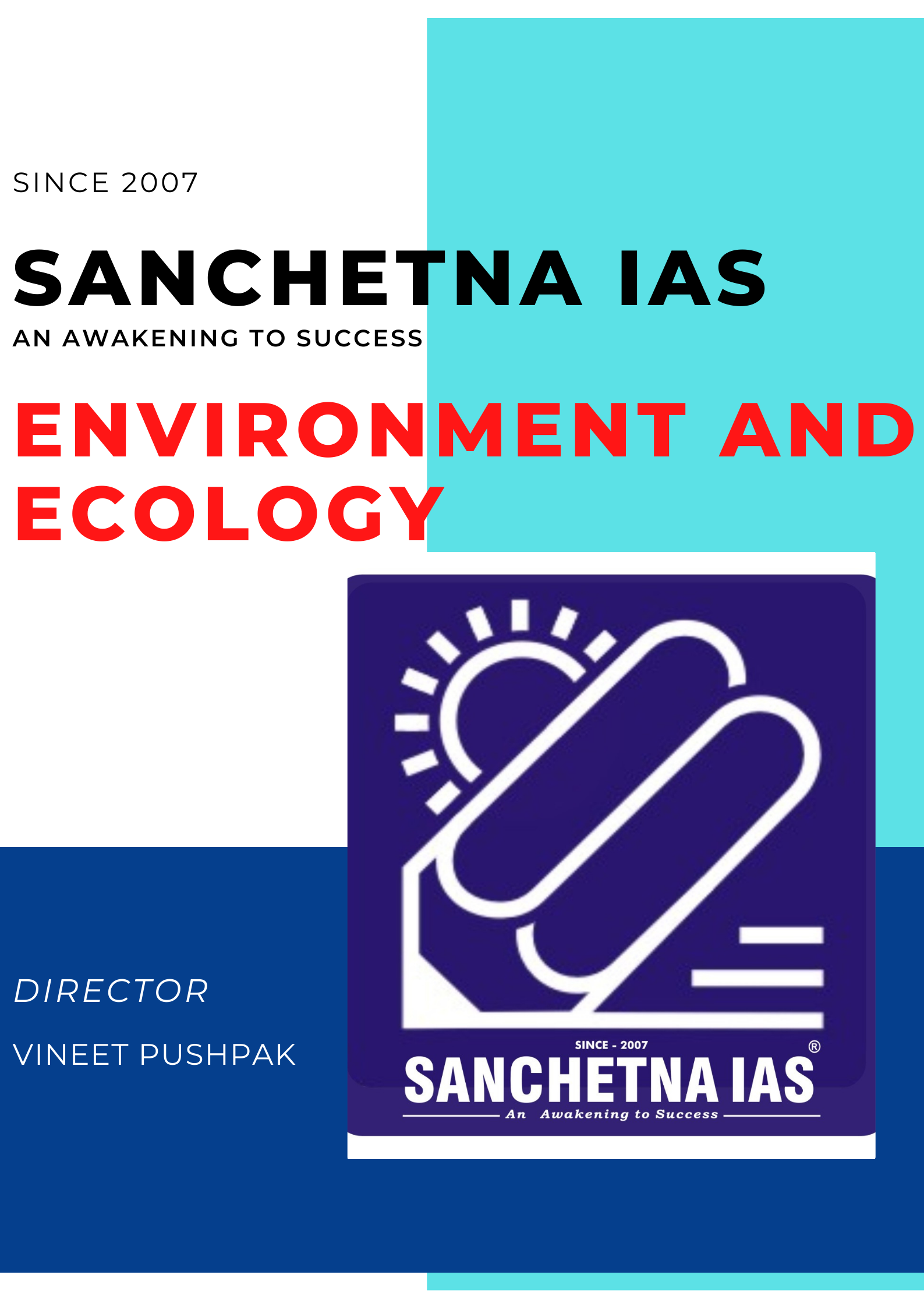
Environment And Ecology
Ecology is the study of the interactions of living organisms with their environment. Within the discipline of ecology, researchers work at four specific levels, sometimes discretely and sometimes with overlap. These levels are organism, population, community, and ecosystem. The term “ecology” was coined by the German zoologist, Ernst Haeckel, in 1866 to describe the “economies” of living forms
To know more do visit Sanchetna IAS --- an awakening to success.
So just “ Tap into your potential and overcome any obstacle standing between you and what you truly desire.”
The world is facing severe effects of climate change and as climate change looms, environmental concern will grow more and more. The environmental issues such as climate change, greenhouse emissions, pollution, and environmental degradation, impact assessment, wildlife conservation and efforts taken, man-animal conflict, sustainable development etc. are some of the most important issues which require proper attention from the candidates. questions like " Describe the key points of the revised Global Air Quality Guidelines (AQGs) recently released by the World Health Organisation (WHO). How are these different from its last update in 2005? What changes in India’s National Clean Air Programme are required to achieve these revised standards? " and other such questions are being asked regularly. Pollution and biodiversity are the favorite topics of UPSC. Environment and development have to go together and your answers should reflect these concerns along with providing innovative suggestions to address the issue.
When you analyze the previous year papers, you would see that many times questions have been asked on Delhi air pollution, infrastructure development and associated issues and challenges.
Topics from where questions are asked regularly
1. Conservation of natural resources and biodiversity
2. environmental pollution and degradation
3. environmental impact assessment
Questions asked in CSE Mains 2022
1. Describe the major outcomes of the 26th session of the Conference of the Parties (COP) to the United Nations Framework Convention on Climate Change (UNFCCC). What are the commitments made by India in this conference? (Answer in 250 words)
2. What are the present challenges before crop diversification? How do emerging technologies provide an opportunity for crop diversification? (Answer in 250 words)
3. Describe the key points of the revised Global Air Quality Guidelines (AQGs) recently released by the World Health Organisation (WHO). How are these different from its last update in 2005? What changes in India’s National Clean Air Programme are required to achieve these revised standards ? (Answer in 150 words)
4. How and to what extent would micro-irrigation help in solving India’s water crisis ? (Answer in 150 words)